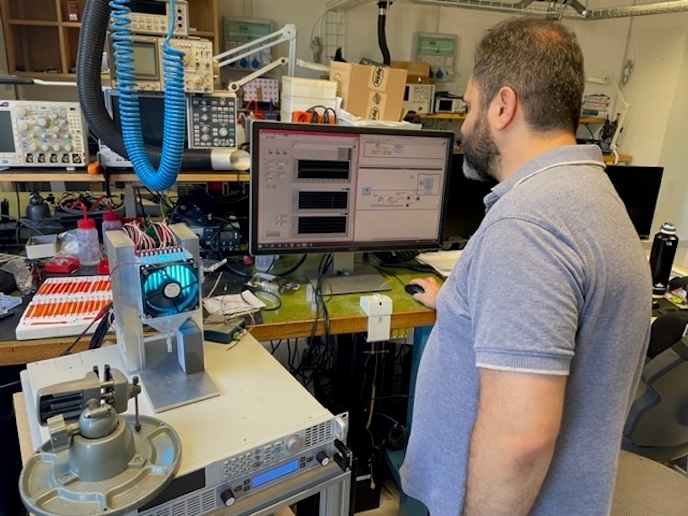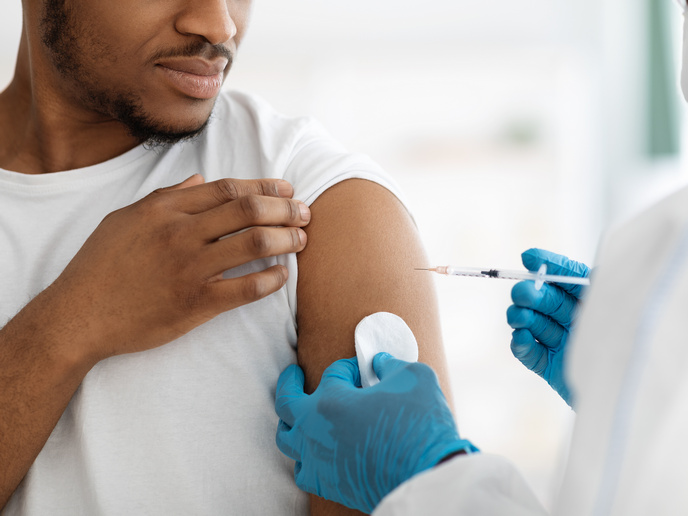In-depth exploration of the real-life impact of child interventions on overall mortality in Africa
Health interventions undertaken by the World Health Organization (WHO) or the United Nations Children’s Fund in low-income countries (LICs) are assessed based on certain performance indicators such as vaccination coverage. However, these indicators offer only an assumption about intervention efficacy and burden of disease and not the real-life impact on health. In addition, vaccines and micronutrients may have either beneficial or negative non-specific effects (NSEs) and may interact with other interventions. Individual-based data on health intervention uptake and health outcomes are necessary. With this in mind, the EU-funded OPTIMUNISE(opens in new window) (Optimising the impact and cost-effectiveness of child health intervention programmes of vaccines and micronutrients in low-income countries) project used the platform of the Health and Demographic Surveillance Systems (HDSSs) of the INDEPTH Network to perform observational studies and randomised trials on the real-life overall health effect of specific interventions. Project partners tested the NSEs of vaccines in use in the childhood vaccination programme and vitamin A supplements in three west African sites. Over 90 600 children below the age of three years were observed in these rural and urban areas. They developed a publicly available tool for data collection and analysis, and trained several young researchers in each site to use these tools to evaluate the overall real-life health impact of interventions. A randomised trial of an early measles vaccine (MV) found no beneficial effect on overall child survival but demonstrated that MV could produce protective antibody levels from four to five months of age. Further findings show that the live oral polio vaccine (OPV) may have beneficial NSEs, whereas the non-live diphtheria-tetanus-pertussis (DTP) and penta vaccines may have negative NSEs for females. Sex-differential effects were far more common than previously believed. The combination and sequence of vaccinations were very important for the effect on survival. Research revealed the importance of OPV and MV campaigns in declining African mortality rates. OPTIMUNISE successfully demonstrated that in LICs, HDSS sites can play a major role in the continuous monitoring and evaluation of health interventions. Long term, this will improve immune protection of children in LICs against life-threatening diseases







